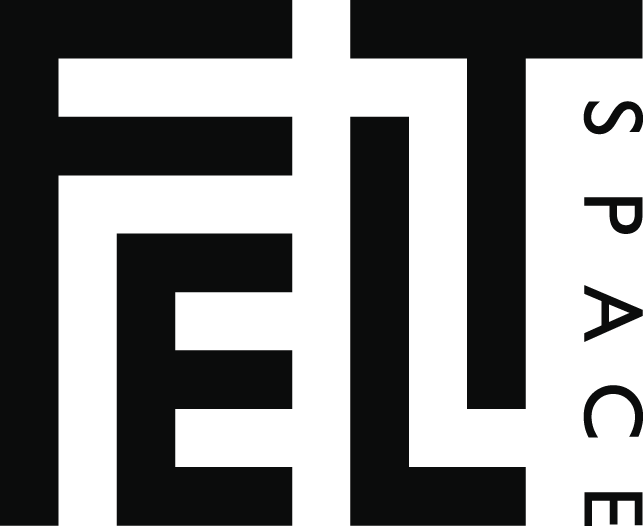14 February - 9 MARCH
BACK GALLERY
Kohl Tyler
All is Ephemeral
Aurelius, M. (2002). The Meditations. Random House.
In All is Ephemeral Kohl Tyler explores notions of ephemerality within the current context of a world amid a mass extinction. Both lived and imagined subject matter are put forward in this body of work. Watercolour paintings that explore fleeting moments of natural phenomena sit alongside ceramic sculptures evocative of otherworldy organic remnants. Kohl grapples with contrasting themes, drawing from stoic meditations on life's ephemerality and the human impulse to care, conserve, and control as she processes ecological grief.
Atmospheric watercolour paintings of remembered sublime scenes such as the ‘green flash’ viewed from the ocean and Comet McNaught descending in a pastel sky serve as reminders of Earth's place in the cosmos. The paintings are cased in protective yet fragile ceramic frames. The accompanying sculptures dawn matte, bone-like glazed surfaces, their forms are ambiguous and alien, as though they have grown in the ocean's depths or evolved on another planet. The poetics of constant change are mirrored in the materiality of the mediums used throughout the exhibition, thin ceramics warp and shift during the alchemical firing process as does watercolour paint as it granulates and blooms on cotton rag.
The exhibition title references a passage from Marcus Aurelius's book, The Meditations "All is ephemeral, both memory and the object of memory" (1). This notion is contrasted with the intimate, human desire to create or affect something during the brief blip of time that one is alive. All is Ephemeral navigates both cosmic and intimate realities and considers the entangled space between them.
Artist Biography
Kohl Tyler is an Aotearoa-born Naarm-based visual artist.
Her practice is centered in an inquiry into the complex ecology of the globalised world and one's place within the cosmos. Other threads include an interest in relational aesthetics theory and natural phenomena. She works across painting, ceramics, and social practice.
Her work is held in the Gippsland Art Gallery Collection. She was a City of Melbourne Quick Response Art Grant recipient (2022), and was awarded the Estuary Art and Ecology Award, NZ (2017). Recent exhibitions; ALCHEMY, Notfair Art Fair (2023), Recent Acquisitions, Gippsland Art Gallery (2022), and Signals, Printmaker Gallery, (2022).
FELTdark
Amber Cronin
And Now One for the Heavens
DOP: Ben Golotta, Repeater Productions
Performer: David Cronin
And Now One for the Heavens explores how imaginary worlds are created and broken as part of meaning-making and the search for belonging.
Set inside a car a clown methodically builds layers of makeup to complete his costume. The evening light, and the close-up framing capture a ragged melancholy– a quality that has remained part of the clown tradition since the 19th Century. The softened and sentimentalised nature of this short video work portrays an insight to the everyday realities of artists with an intimacy that allows the viewer to step behind the illusory veil.
The slowness and meditative nature of this video work highlights the ritual of transformation that is inherently part of theatre and performance. Playwright, director and theorist, Erik Ehn postulates that the world is imaginary, and therefore art making is creating an imaginary world out of imaginary worlds. “The world of theatre is as phenomenal as the world itself. The world, in order to continue creating, to refresh its meaning, has to constantly break. That is where spirit or God is. It’s in the breaks, the fractures. Meaning – the unknowable thing – is in the moment of breaking.”
Artist Biography
Amber Cronin is a cross-disciplinary artist living and working on Kaurna Yerta (Adelaide, South Australia). Situated amongst an ecology of research that includes sculpture, plants, soil, textiles, sound, video and performance, her practice gathers people, objects and matter in combinations that facilitate meditations on connection and discovery. Developed over extended periods through conversations and collaboration, Cronin’s work collects and expounds on the sensory qualities of everyday actions, reframing them as participatory sites of ritual activity. Born out of an oscillation between global phenomena and intimate encounters, her recent work finds its genesis in the complex politics of the ecological crisis– art as means of contemplation– as a means of survival, that allows us to enter a shared dimension with ourselves and the more-than-human.


